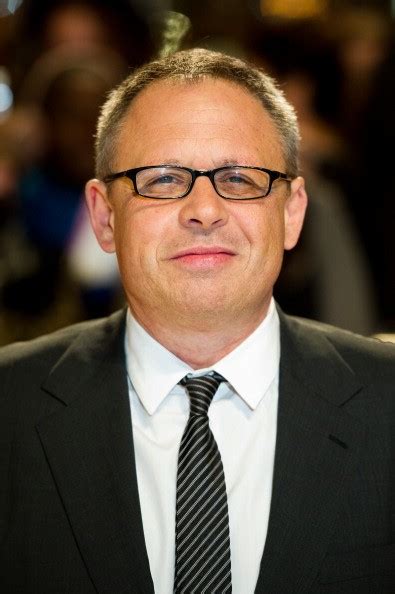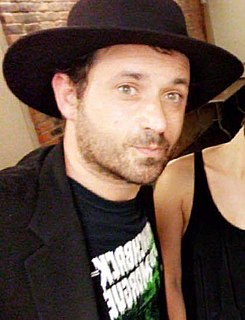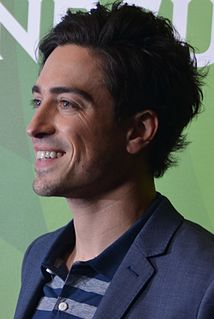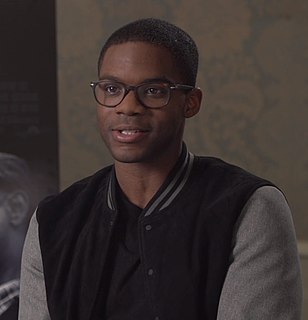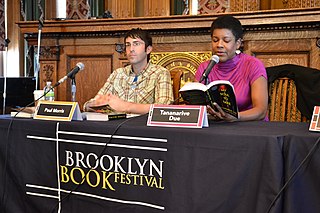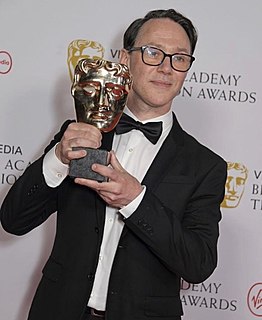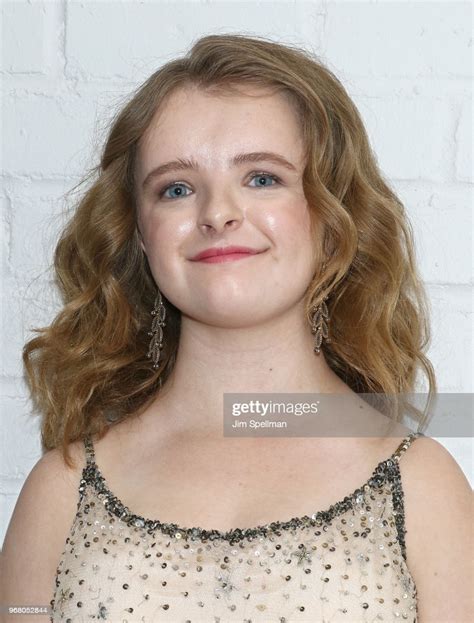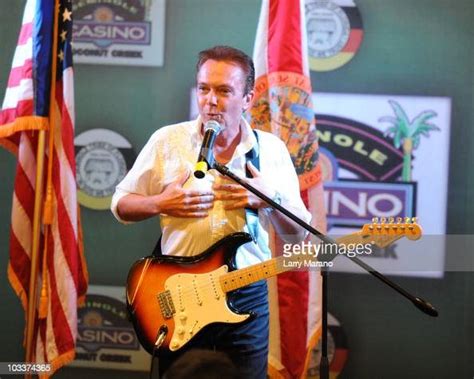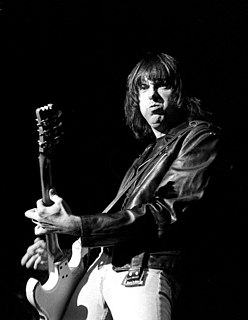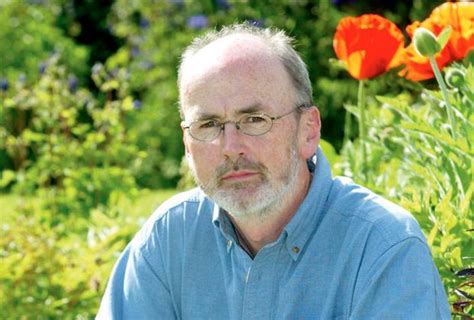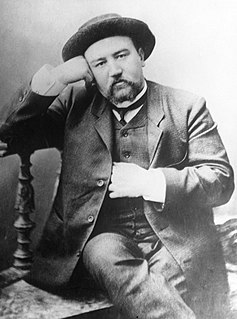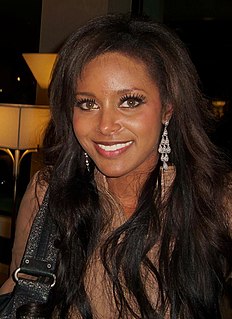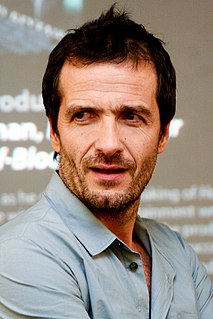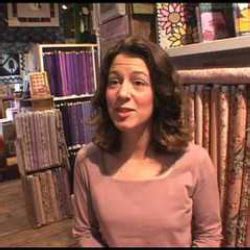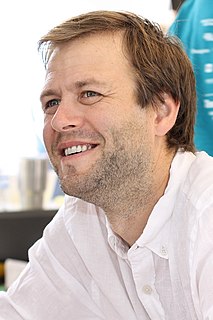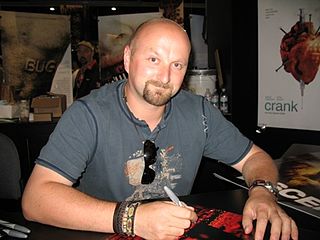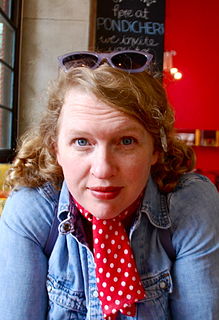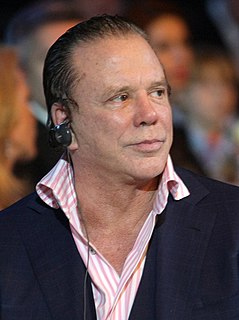Top 1200 Horror Stories Quotes & Sayings - Page 6
Explore popular Horror Stories quotes.
Last updated on December 19, 2024.
No, 'F/X 2' was a job. I enjoyed doing it but that was definitely a job. I wrote that, I didn't direct it but 'Candyman' and the earlier horror movies I made, I was completely into horror and suspense and always have been. It's informed everything I've done, even the way scenes are shot in 'Kinsey and 'Gods and Monsters.'
Humans like stories. Humans need stories. Stories are good. Stories work. Story clarifies and captures the essence of the human spirit. Story, in all its forms—of life, of love, of knowledge—has traced the upward surge of mankind. And story, you mark my words, will be with the last human to draw breath.
More than fantasy or even science fiction, Ray Bradbury wrote horror, and like so many great horror writers he was himself utterly without fear, of anything. He wasn't afraid of looking uncool - he wasn't scared to openly love innocence, or to be optimistic, or to write sentimentally when he felt that way.
The very act of story-telling, of arranging memory and invention according to the structure of the narrative, is by definition holy. We tell stories because we can't help it. We tell stories because we love to entertain and hope to edify. We tell stories because they fill the silence death imposes. We tell stories because they save us.
Yes, we could talk to you for days on end about all the bad first dates. Those are stories. Funny stories. Awkward stories. Stories we love to share, because by sharing them, we get something out of the hour or two we wasted on the wrong person. But that's all bad first dates are: short stories. Good first dates are more than short stories. They are first chapters. On a good first date, everything is springtime. And when a good first date becomes a relationship, the springtime lingers. Even after it's over, there can be springtime.
Audiences are very sophisticated and they know the nuts and bolts of the genre - certainly with horror more than others I think. But they attract lots of people, they're much derided as a genre but people go and see them and they're not all dumb. There's some very clever horror films. Stephen King gets a lot of flack for not being a proper writer because he's a horror writer, but I think he writes some brilliant books. I think it's wrong to just bin it before looking at it.
My 'Rot & Ruin' series is a post-apocalyptic adventure for teens. My 'Joe Ledger' novels are science-based action thrillers for adults. My 'Dead of Night' stories are zombie tales for adults; my 'Pine Deep Trilogy' is classic horror for adults, and I've written nonfiction books on topics ranging from martial arts to folklore.
I really am just trying to tell stories. But stories are often grounded in larger events and themes. They don't have to be - there's a big literature of trailer-park, kitchen-table fiction that's just about goings-on in the lives of ordinary people - but my own tastes run toward stories that in addition to being good stories are set against a backdrop that is interesting to read and learn about.
Cody and I had a connection pretty quickly. We were engaged pretty quickly, but my moment where I knew this was definitely the person for me was when Cody asked me on a date to Halloween Horror Night at Universal Studios. Nobody had ever asked me on a date to Halloween Horror Night, and I had never been even though I am a horror fanatic.
I like stories where people have to face some big demons internally. It always seems to be an element of horror, because it's pretty scary to have to face yourself and the things you're most worried about: your own abilities and your own capabilities and your own level of competence in being a hero.
The truth is, it's very hard looking back... we look at holocaust now with such knowledge and such a sense of the horror of what it was, that it's hard to believe even now that in 1930s and 1940s, before something like this had happened, that it could be impossible to imagine the extent of this horror.
Operating-room errors hold a special terror for patients, if only because they seem like the most avoidable kind of complications. The occasional horror stories of patients who have the wrong leg removed or the wrong knee replaced generate the most headlines, as do tales of patients whose identities are mixed up entirely.
There were no horror movies or horror books to speak of in the '40s. I picked the '50s because that pretty well spans my life as an appreciator - as somebody who's been involved with this mass cult of horror, from radio and movies and Saturday matinees and books. In the '40s there really wasn't that much. People don't want to read about horrible things in horrible times. So, in the '40s, there was Val Lutin with The Cat People and The Curse of the Cat People and there wasn't much else.
We're looking for stories that speak to us. We're looking for stories that connect us with something true. But, instead, a lot of the time we get strippers. All I'm saying is, when boys are writing the stories, the percentage of strippers is bound to go up. And real stories about real women kinda don't get written at all.
'Hereditary' is unabashedly a horror film. In a lot of ways, it's in dialogue with other horror films. But I do know that it was important for me that the film functioned first as a family drama. I know that I'm never affected by anything if I'm not invested in the people to whom the genre things are happening.
I have been trying to make the reader believe that we actually are, at present, creatures whose character must be, in some respects, a horror to God, as it is, when we really see it, a horror to ourselves. This I believe to be a fact: and I notice that the holier a man is, the more fully he is aware of that fact.
My being Indian is possibly the biggest thing that influences my stories. Not just in terms of settings - most of the settings in my stories are Indian - but also in terms of characters and plot. I think growing up in India grew my imagination in certain ways that would not have happened in any other place. I'm also fascinated by the idea of India, and writing stories allows me to explore this. As for thematic elements, they are probably pretty obvious in my stories. I also hope that my stories bust stereotypes at least to a modest extent.


